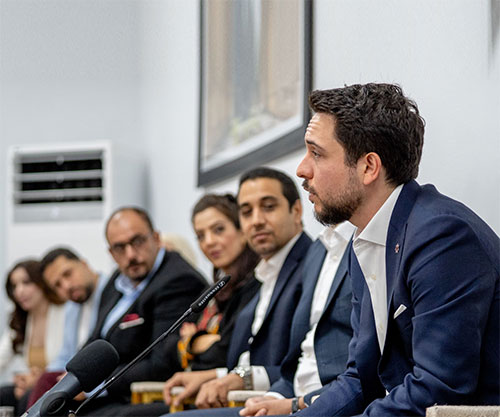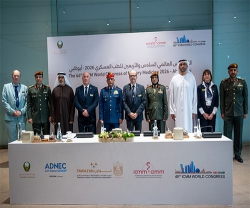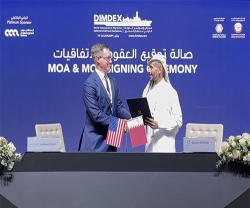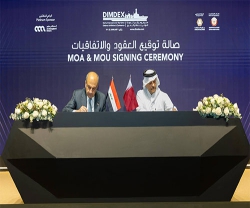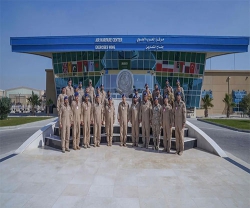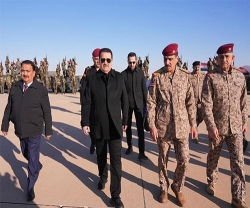His Royal Highness Crown Prince Al Hussein bin Abdullah II announced the reactivation of the National Military Service Program, during a meeting with youth from Irbid Governorate on Sunday.
During the meeting, held at King Abdullah II Gardens in Irbid, the Crown Prince said young Jordanians must be prepared to serve and defend their country, adding that citizens who have participated in national military service understand the importance of this experience.
His Royal Highness noted the importance of the program in strengthening national identity and young people’s connection to their homeland, noting that serving with the Jordan Armed Forces-Arab Army builds character and instills discipline.
The Crown Prince said he previously directed the government to work with its partners to develop the National Military Service Program, which will be subject to a series of measures according to a clear timetable, with details to be announced later.
The meeting also touched on topics of interest to young people, such as information technology, the development of entrepreneurial and volunteerism projects, and vocational and technical education and training.
For their part, the attendees praised His Royal Highness’ initiative to reinstate the National Military Service Program, emphasizing its importance in instilling the values of active citizenship in young people, refining their characters, and strengthening their national identity.
The attendees also expressed appreciation for the Crown Prince’s championing of vocational and technical training initiatives, noting their importance in empowering and honing the skills of young people in preparation for entering the workforce.
Retired military officials and security experts hailed the move as a project that goes beyond military training to instill discipline, responsibility and national belonging among the country’s youth.
Former senior officers told the Jordan News Agency (Petra) on Sunday that reactivating the scheme, known locally as “Khidmat al-Alam”, embodies a national vision of building citizens, strengthening society and embedding values of collective responsibility.
They said the program’s impact was both social and developmental, bringing together young men and women from all backgrounds in an environment of equality and shared purpose.
Supporters of the revival stressed that the Jordan Armed Forces-Arab Army had long been viewed as “the factory of men and of belonging” in Jordanian national identity. The new service was seen as an extension of that legacy, aiming to produce a generation better equipped to defend the country while also contributing to its economic and social progress.

